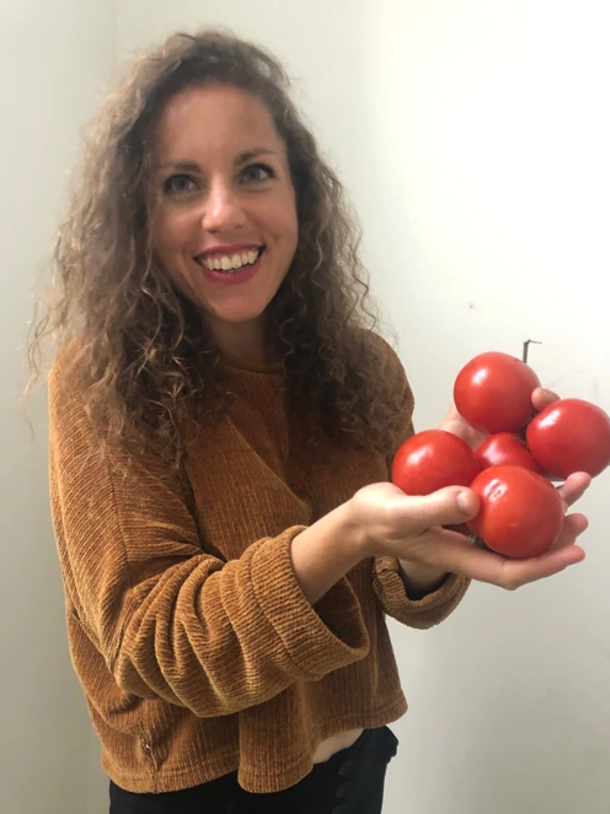
Career path: I finished my Ph.D. in 2015 at the University of California, Santa Barbara. From 2015-2018 I was a postdoctoral fellow at the Technion, and from 2018-2021 a senior postdoctoral fellow at Weizmann. Since fall 2021 I am a lecturer at Afeka college of engineering in the mathematics unit, and was promoted to senior lecturer in summer 2023. I have been retained as a research consultant at Weizmann.
“An Invitation to Coarse Groups” is a book I published recently with Federico Vigolo (Gottingen).
Coarse groups are sets with operations that satisfy the group axioms “up to uniformly bounded error”. These structures are the group objects in the category of coarse spaces, and arise naturally as approximate subgroups, or as coarse kernels.
The first part of the book covers the fundamentals of coarse groups and their actions. Here the theory of coarse homomorphisms, quotients and subgroups is developed, with proofs of coarse versions of the isomorphism theorems, and it is shown how coarse actions are related to fundamental aspects of geometric group theory. The second part is an invitation to further research, it explores coarse group structures on set-groups, groups of coarse automorphisms and spaces of controlled maps. The main focus is on connections between the theory of coarse groups and classical subjects, including: number theory; the study of bi-invariant metrics on groups; quasimorphisms and stable commutator length; groups of outer automorphisms; and topological groups and their actions.
I collaborate with Mika Gabel and Lior Rosenzweig, from Afeka, on math education.
I have pure math collaborations with: Danny Neftin (Technion), Joachim Koenig (KAIST), Daryl Cooper (UCSB), Sam Ballas (FSU), Corina Ciobotaru (AIAS), Alain Valette (UNINE), Max Reistenberg (Leipzig), Nir Lazarovich (Technion), Ian Biringer (Boston College).
Proving theorems requires mental flexibility. First you have to understand what the important properties of the object are, and how to characterize them. Next you compute examples to get intuition, and then you try to prove it abstractly, or try to find counterexamples/ figure out why you can’t find a counterexample. Then the proof has to be distilled to be pure and airtight.
I stay up to date in my research area by checking arxiv every day for new papers, and by attending seminars locally, and conferences worldwide and in Israel.
Advice: Becoming a mathematician is hard work, more similar to running a marathon than a sprint. You need to be committed every day and try your hardest every day. The rewards are pushing the limits of human knowledge by epsilon J
Mentorship: My PhD adviser, Daryl Cooper, was an amazing mentor, and was extremely generous with his time and energy. I met several fantastic female role models for how navigate life in a male dominated profession. Now I have an incredibly supportive director of the mathematics unit at Afeka- Lior Rosenzweig. I try to give back some of this by organizing mentoring activities for women in mathematics, and by helping my students as much as I can in and out of class.



Dr. Arielle Leitner
Share a link using:
https://www.afeka.ac.il/en/newsletter-research-authority/march-2024/dr-arielle-leitner/WhatsApp
Facebook
Twitter
Email
https://www.afeka.ac.il/en/newsletter-research-authority/march-2024/dr-arielle-leitner/